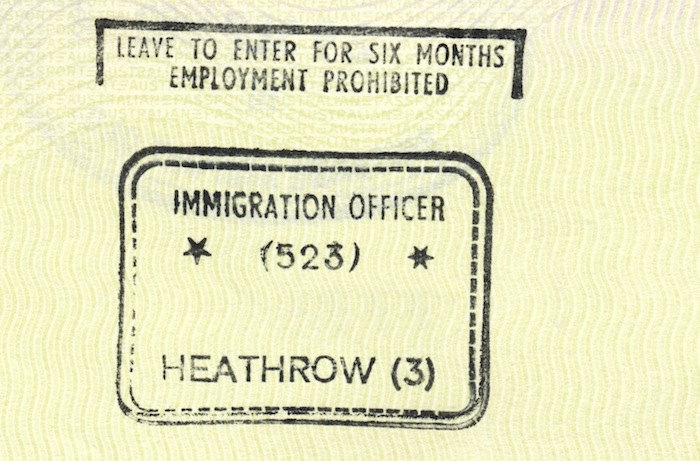Self-sufficiency and right of residence in the UK
The Court of Appeal in Northern Ireland (Ermira Bajratari v SSHD) has today made a reference to the Court of Justice of the European Union (the CJEU) and asked them to provide a preliminary ruling on an issue of EU law. This relates to the status of a non-EU citizen claiming a derivative right of residence in the UK relying on the EU citizenship status of a child (colloquially known as Chen parents). The AIRE Centre intervened as a third party.
The case concerns a husband and his wife who are nationals of a non-EU country, Albania. The husband had a residence card authorising him to reside in the United Kingdom based on a previous relationship with a UK national. Although this relationship ended, he had lawfully resided and worked in Northern Ireland, prior to meeting his future wife and going to Albania to get married. He returned to Northern Ireland on an unspecified date. His residence card had not been revoked, and sometime later he was joined by his wife. She did not have any authorisation to work.
The family have lived in Northern Ireland ever since. They had three children, two of whom are nationals of the Republic of Ireland. The husband has continued to work in Northern Ireland, but after his residence card expired, he was effectively working illegally under domestic law, as section 1(2) of the Immigration Act 1971 required him in these circumstances to have permission to live, work and settle in the United Kingdom.
The ECJ ruled in the case of Chen [2004] ECR I-9525 that an EEA national child (as is the case here) who held sickness insurance would have a right to reside in the UK (as a self-sufficient person) with his primary carer, provided that the primary carer had sufficient resources to ensure that the child did not become a burden on public funds.
The question that the Court of Appeal has grappled with is – what income can be taken into account to determine the self-sufficiency of an EEA citizen?
The CJEU has looked at this issue on numerous occasions, from Chen until and including C-86/12 Alokpa. In Chen the self-sufficiency of baby Chen was the result of income generated by her parents (primarily her father) in China. In Alokpa the CJEU clarified that the expression ‘have’ sufficient resources must be interpreted as meaning that it suffices that such resources are available to the Union citizens, and that there is no requirement whatsoever as to their origin, since they could be provided by a national of a non-Member State, the parent of the citizens who are minor children at issue. However Alokpa did not specifically decide the question of income deriving from employment unlawful under the national laws of the Member State concerned.
Why have the Court made a reference? The Home Office say that income from any unauthorised employment must be excluded. The AIRE centre argues that the Home Office have misinterpreted the existence of right of residence in this case, that this is relevant for the purpose of assessing the legality of employment in domestic law, and that the domestic lawfulness of the employment that provides the financial means of self-sufficiency is not in any case relevant for the purpose of determining whether the conditions referred to in Citizens Directive around sufficiency of resources and a qualifying right to reside are established.
The Court of Appeal has noted a potential conflict between a decision of the English Court of Appeal, W (China) and X (China) [2006] EWCA Civ 1494 and the CJEU decision in Zhu and Chen [Case C – 200/02] and, also, a decision of the High Court of Ireland in OA v Minister for Justice, Equality and Defence [2014] IEHC 384. On this basis the case law is deemed not to be clear and a reference is therefore considered necessary.
This article was first published on December 15, 2007







